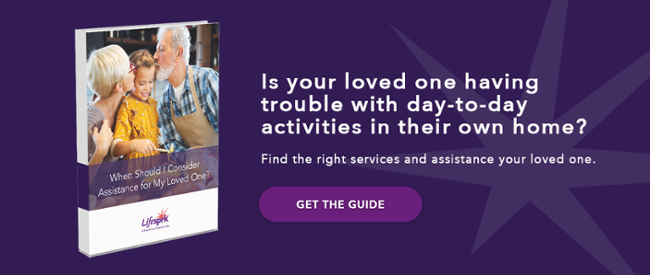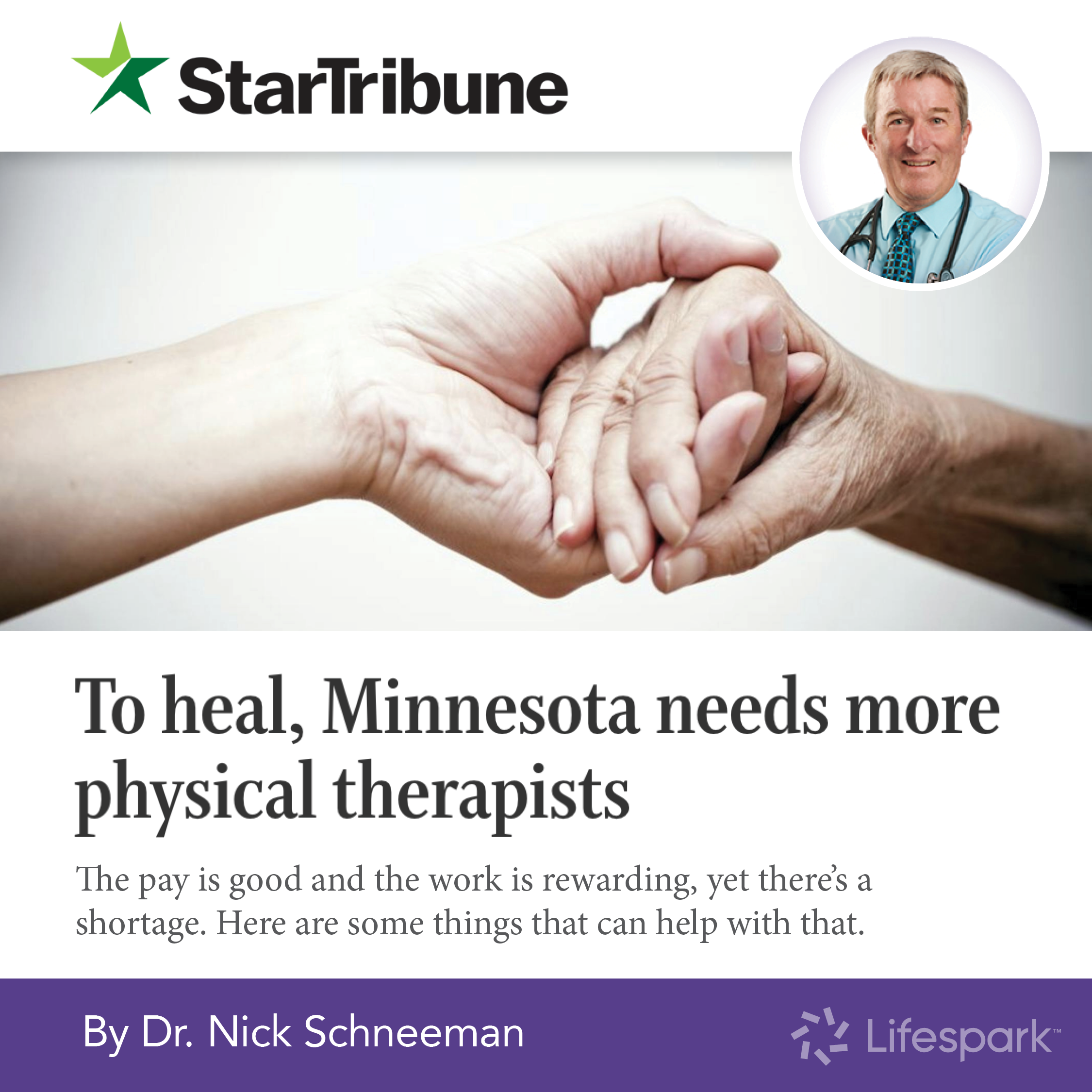
Heart attacks don’t just impact the day-to-day life of the individual who has one; the traumatic event also impacts the lives of their relatives and caregivers. If you are the one taking care of someone who has recently suffered from a heart attack, it’s important to understand what changes you should be making in their life. While each individual and their recovery process is unique, we’ve come up with a few general guidelines to follow.
The care and lifestyle changes will depend on the severity of the heart attack they experienced, and how seriously their heart was damaged. You may even find that if the heart attack was mild, they may be able to continue with their usual lifestyle and activities after a short recovery. If the individual suffered a more severe heart attack, it’s likely that they’ll need a longer period of time to recover as well as more prominent changes to their lifestyle.
“Regardless of the severity of the heart attack, maintaining what ‘sparks’ you is an important part of the recovery process and your long-term health,” said Tanya Castillo, RN, Lead RN Case Manager for Lifespark. “Remember to look beyond focusing only on the medical conversations about diagnosis and prognosis and incorporate purpose and passion into the mix. Finding ways to set goals that show your loved one how they can get back on track doing what they love is an essential part of their overall wellbeing and a great motivator.”
Diet
You and your loved one will probably have to make changes to their diet after a heart attack. Following a healthy diet is one of the most effective ways of reducing the risk of another heart attack. It’s important that the individual embraces a heart-healthy diet to help mitigate risk factors such as cholesterol, blood pressure, blood glucose, and weight.
Encourage them to eat foods that are low in saturated fats and salt. Try to incorporate more fresh fruits and whole vegetables into meals, along with more whole grains, healthy fats, and fish. Eating a balanced and healthy diet will help prevent a future heart attack.
Exercise
When regulated properly, exercise can strengthen the heart muscle. However, before encouraging your loved one to do any exercise, you should contact their healthcare provider. Their doctor might do a stress test to define what a healthy and safe level of exercise would look like for your loved one.
The individual might also need to enroll in a cardiac rehabilitation program to help them slowly resume physical activity without overworking themselves. Their doctor can then guide them towards making the right choices regarding exercise.
Quit Smoking
Smoking is a major risk factor for cardiovascular disease and heart attacks. Quitting the habit is one of the best ways of improving overall heart health. After only one year of quitting, the risk of a heart attack drops by half, with associated benefits like lower blood pressure after just the first few days.
Remember there are plenty of ways to get help if your loved one is finding it difficult to quit nicotine products. Encourage them to connect with medical professionals and support groups.
Medications
Following a heart attack, it’s probable that your loved one’s doctor will prescribe medications to take at home. The individual could have to take statins, aspirin, beta-blockers, or ACE inhibitors.
There will likely be a period of adjustment for them to get used to their new routine that includes these medications. As they get used to this change in their daily routine, relatives and caregivers can help by researching the medications to understand their side effects and typical dosages.
Stress
Stress you may know, can take a huge toll on the cardiovascular system. It is thought that stress can even trigger a heart attack, or be a risk factor for heart disease. Occasionally the simple tasks an individual may do in everyday life can cause stress in those who are faced with physical or medical limitations. You may even start noticing signs in your loved ones’ day-to-day activities that they need additional assistance.
As your loved one adapts to their new lifestyle, it will be important to help them manage their stress and think about ways of reducing their exposure to stress in their life. If they have difficulty managing their stress levels, it may be helpful for them to see a therapist or other mental health professional who will be able to give them strategies to better manage their stress.
Managing Blood Pressure
High blood pressure (or hypertension) is a common cardiovascular condition. High blood pressure can damage the artery walls and heart muscle over long periods of time. Fatty substances that form plaques can easily stick to these damaged arteries, which can result in a heart attack.
Managing a loved one’s blood pressure is a key part of sustaining their health. Though the individual should always follow the advice of their doctor before making any concrete changes to their lifestyle, healthy changes in their medication, diet, and exercise will always help to reduce the risk of a repeat heart attack.
While it might take some time for you and your loved one to adjust to these new lifestyle changes, they are vital to staying as healthy as possible and to reducing the risk of another heart attack.
Setting achievable goals is one of the best ways for gradually improving your loved one’s life. Be sure to keep their doctor closely updated on your loved one’s journey to better health to ensure that you are making informed decisions.
Reach out to Lifespark for a free consultation if you need immediate support.





